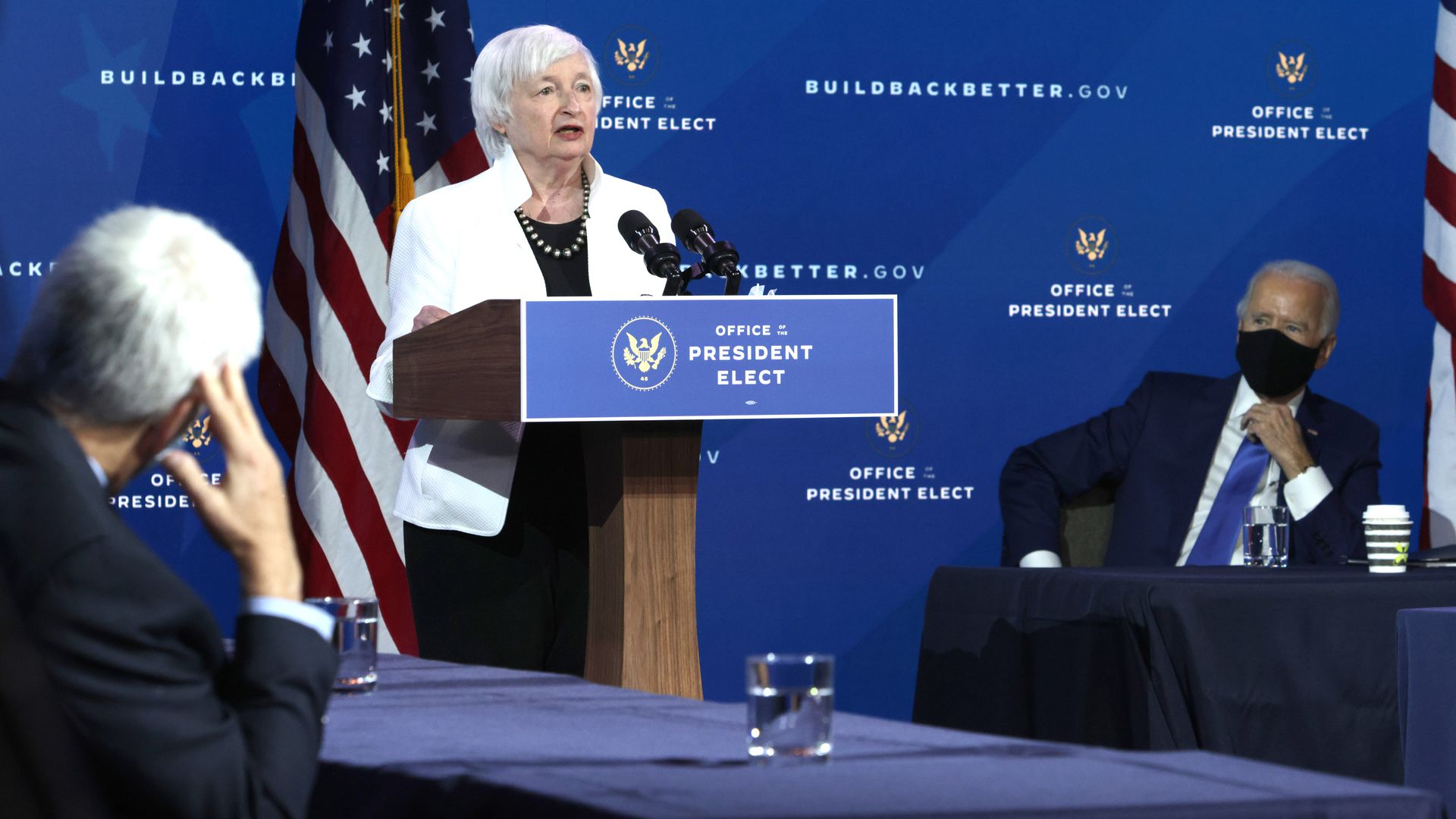Quarterly round-up and what to look out for
By Jonathan Kent
- The impact of Covid-19 on the economy became clearer in February with the release of the National Economic Report, in which the Ministry of Finance estimated that gross domestic product fell 8.5 per cent last year. The number of jobs on the island, according to preliminary data from the Employment Survey, also fell by 8.5 per cent, with layoffs taken into account. The spike in new infections in April, and the added restrictions on everyday life that have followed, have put more strain on already struggling sectors.
- As promised, finance minister Curtis Dickinson imposed no tax increases on businesses in his 2021-22 Budget. He also extended payroll tax relief for an extra year to troubled sectors, including hotels and restaurants, while the zero rate of Customs duty on materials for the renovation of retail stores also remained. The Government projects a budget deficit of $124.7 million, while the Ministry of Finance expects the economy to regain some lost ground with 3.5 per cent growth through the fiscal year.
- One of the few bright spots in the Bermuda economy is retail. Last December, retailers’ most important month of the year in the run-up to Christmas, local stores took $16 million more at the till than they did in pre-pandemic 2019. According to the Retail Sales Index report, this represented a 14.2 per cent increase, even after inflation was taken into account. This remarkable finish to the year represented a sixth successive month of increases in retail sales volume. The streak continued in January, which saw a 5.8 per cent increase. Local retailers not dependent on the tourist trade may be benefiting from the lack of travel, with fewer residents away at any given time and unspent vacation budgets being outlaid on other things.
- The biggest ongoing external story for Bermuda is the plan for a global minimum tax rate. The years-long effort by the Organisation for Economic Cooperation and Development to overhaul the global tax system has received added impetus from the new Biden administration in the United States, which has expressed backing for the plan. Janet Yellen, the US Treasury Secretary, said in April that there had been a “30-year race to the bottom” on national tax rates. With indebted governments seeking to stimulate their pandemic-ravaged economies, they are hungry for more revenue and urgency to enact the plan has grown. The idea is that multinational companies would pay a yet-to-be-determined minimum rate of tax on all their profits, regardless of where in the world they booked them, thus reducing the attractiveness of low-tax jurisdictions like Bermuda. The G20 finance ministers, after meeting in April, said they were hopeful of sealing an agreement on the minimum tax rate in July this year. The repercussions could be significant for Bermuda’s international business sector. What looks likely is that the island faces a future in which it will be competing more on other factors besides the tax advantage.

